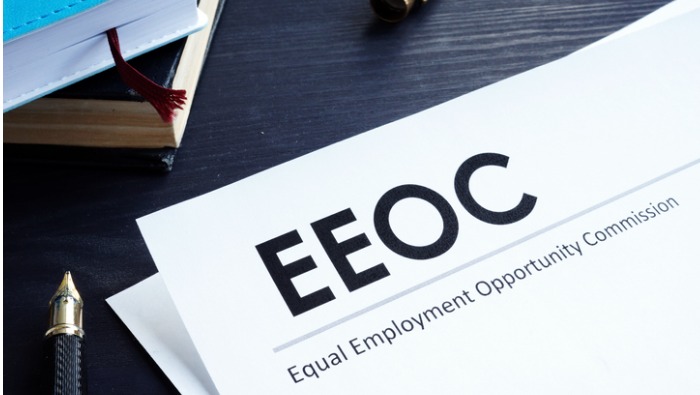This month, the U.S. Equal Employment Opportunity Commission (EEOC) published its draft 2023-2027 strategic enforcement plan in the Federal Register. It is open for public comment until February 9. It is important to note that this draft plan is still under review by the EEOC. Given that, the plan is subject to its full approval before becoming final. The EEOC’s enforcement efforts include equal employment opportunity (EEO) protections for all protected classes under Title VII of the Civil Rights Act of 1964 (Title VII) and other federal EEO laws. Earlier, the EEOC issued a document on preventing military service employment discrimination.
Background of the EEOC Strategic Enforcement Plan
In summary, the Strategic Enforcement Plan serves as a framework for achieving the EEOC’s mission to prevent and remedy employment anti-discrimination laws through enforcement activities. The EEOC’s mission also includes using education and outreach to:
- prevent employment discrimination, and
- advance equal employment opportunities.
The agency creates the plan every four fiscal years using three values that form the basis of the agency’s culture and guide its daily work:
- commitment to equal employment opportunity,
- accountability, and
- integrity.
The EEOC’s Strategic Enforcement Plan lays the foundation for developing more detailed annual plans, budgets, and related program performance information in the future.
Overview of the 2023-2027 Strategic Enforcement Plan
In developing the 2023-2027 Strategic Enforcement Plan, the EEOC gathered input from the public through a series of listening sessions and email responses. Participants in the listening sessions included civil rights and workers’ rights organizations, unions, employers and human resources professionals, and employment law attorneys. When the EEOC implements the 2023-2027 plan, it will increase enforcement of EEO laws, promote workplace inclusivity, and ramp up responses to charges with the EEOC. At the present time, the latest Strategic Plan includes the following changes:
- Expanded vulnerable and underserved worker priority to include additional categories of workers, like those with intellectual or developmental disabilities, individuals with arrest or conviction records, LGBTQI+ individuals, temporary workers, older workers, those in low-wage jobs, and individuals with limited literacy or English proficiency;
- Refined recruitment and hiring priority to include limiting access to on-the-job training, pre-apprenticeship or apprenticeship programs, internships, “temp-to-hire” positions, or other training or employment opportunities based on protected characteristics;
- Focused enforcement around the increasing use of automated employment decision-making systems, like artificial intelligence, when listing job positions, hiring, or recruiting;
- The creation of protected access to charge filing and the legal process by examining potentially harmful employee contract clauses like non-disclosures and non-disparagements.
The EEOC published its draft 2023-2027 Strategic Enforcement Plan in the Federal Register on January 9.
More Information
Presently, the EEOC seeks further input from the public on its draft 2023-2027 Strategic Enforcement Plan. This public review aligns with the EEOC’s goal to make sure the plan genuinely reflects the agency’s values and those who have a stake in the agency’s mission. Individuals may use the draft plan’s comment portal to provide their input. The deadline for public input is February 9th, 2023.

